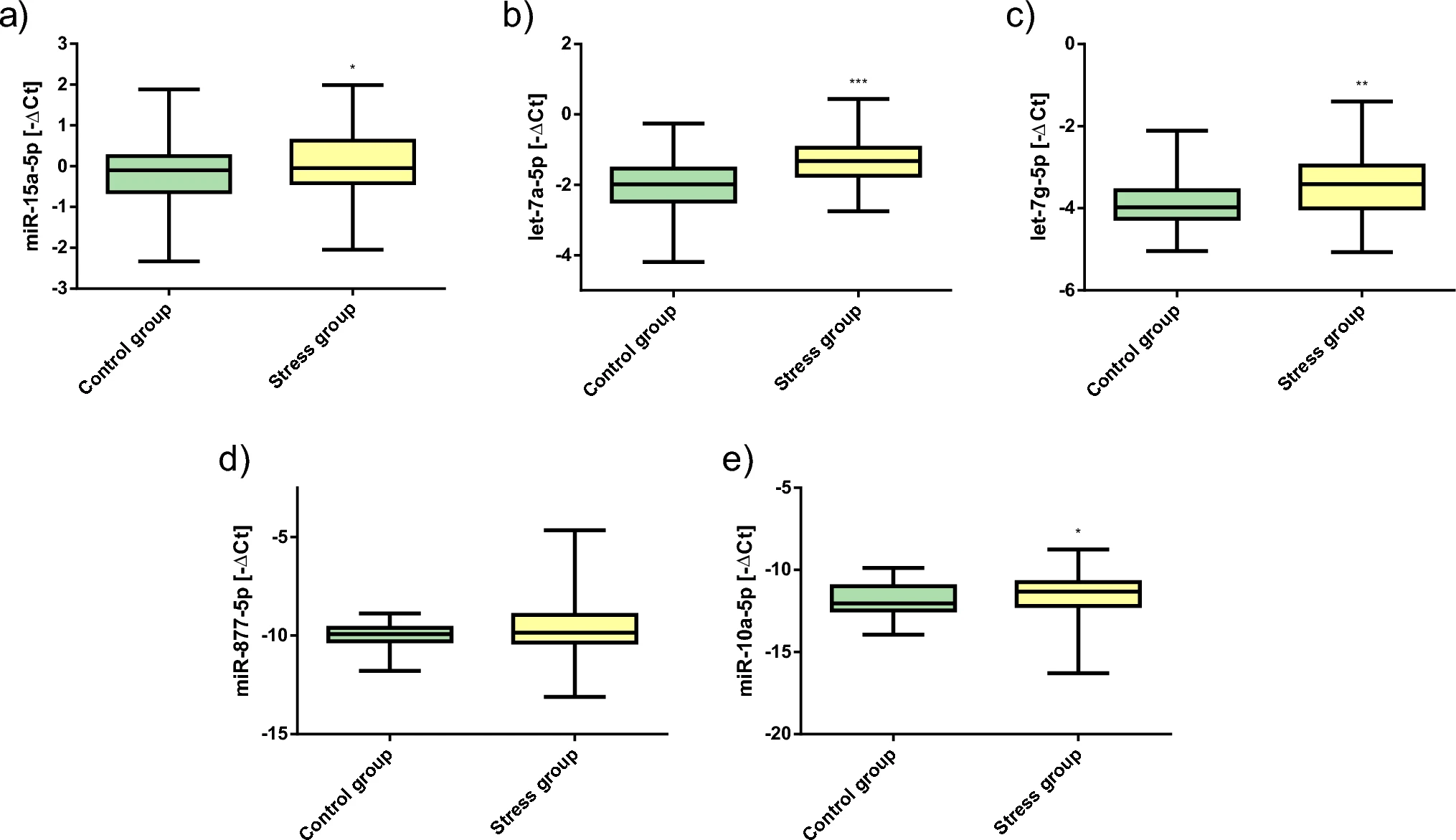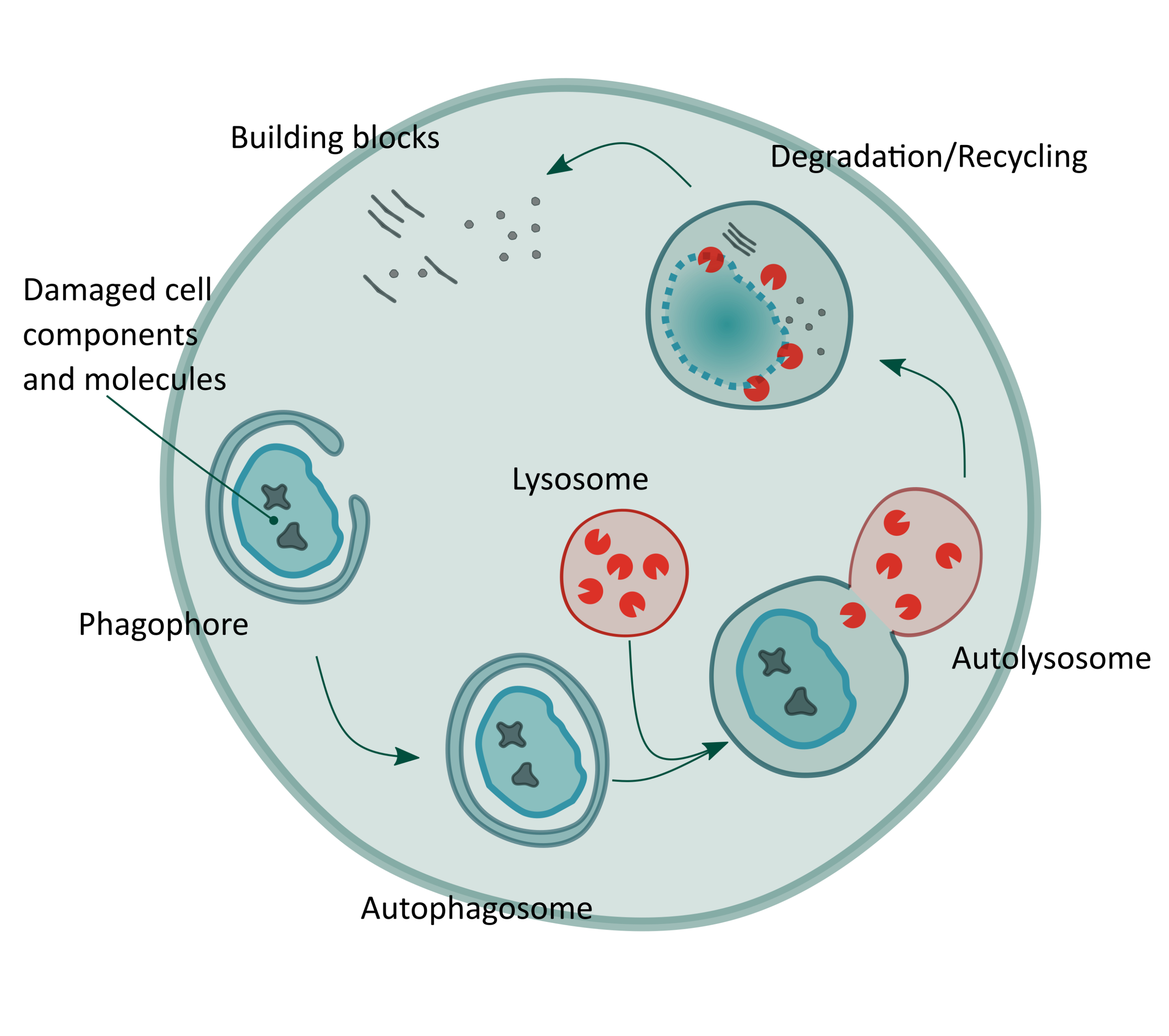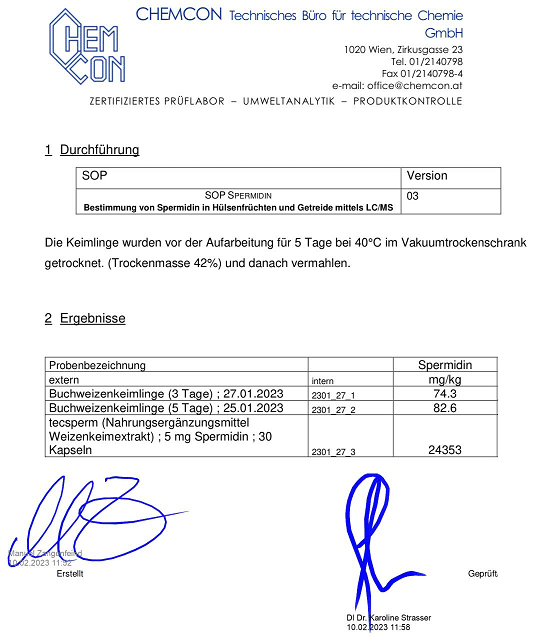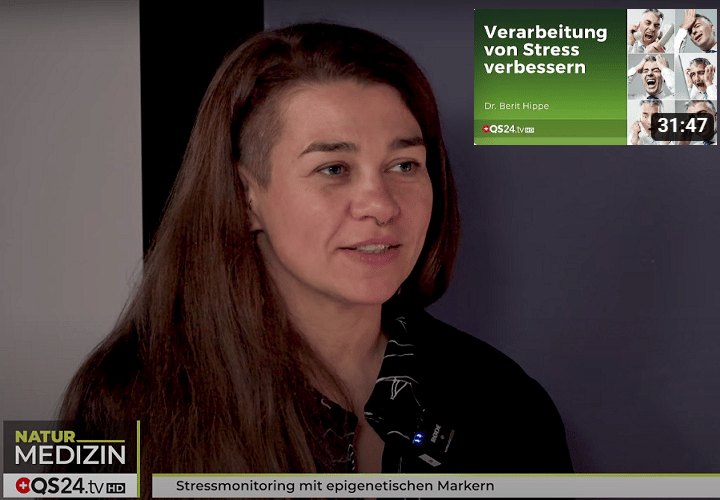
microRNAs – an early warning sign of stress
Stress is a natural response to various factors, and from an evolutionary perspective, it helps us adapt to the environment and respond to danger. Stress tolerance levels vary from person to person, and each individual develops their own unique coping strategy to stress. It is now globally recognized that stress plays a critical role in overall health and well-being and is an important factor in the development of many acute and chronic diseases. Chronic stress, in particular, can lead to physical and psychological consequences for many people. It is therefore important to recognize signs of stress at an early stage in order to prevent anxiety disorders or burnout, among other things.

Stress by Genko Mono from vecteezy.com
Small signs of stress
Small molecules found in the blood can give us early information about what is happening in our bodies. Such molecules are, for example, epigenetic biomarkers such as microRNAs. They provide information about many biological processes, such as the activity of certain genes. MicroRNAs play an important role in the early detection and treatment of complex diseases, and intensive research is being conducted on them, particularly in the field of cancer and metabolic diseases. However, microRNAs can also reflect psychological and physiological stress levels, and a recent study, therefore, aims to identify stress-relevant microRNA biomarkers. In her new paper, Dr. Krammer explains how epigenetic markers can be used to detect hidden signs of stress.

Stress-related miRNA, Krammer et al. 2023
In the study, 173 participants were interviewed about their stress levels, stress-related diseases, lifestyle, and diet to determine their acute and chronic stress status. Using qPCR analysis, microRNAs were analyzed in dried capillary blood samples. Of these, four microRNAs (miR-10a-5p, miR-15a-5p, let-7a-5p, and let-7g-5p) were identified as potential biomarkers of acute or chronic stress. In addition, associations were found between certain miRNAs and stress-related diseases, as well as dietary and lifestyle factors. The results of this study suggest that microRNAs may serve as biomarkers for stress-related diseases and individual stress status. Analysis of microRNAs can provide valuable information on physiological stress, cell protection, serotonin regulation, immune signaling, and risk of long-term adverse effects. Timely detection of stress through biomarkers in the blood can help detect and counteract health problems and stress-related diseases at an early stage and take preventive measures to maintain overall health.

Stress level by Muhammad Ribkhan from vecteezy.com
Reducing stress in everyday life is not always easy, but improving cellular stress processing through lifestyle and diet is a promising approach. Epigenetically active plant compounds can help regulate the stress response at the cellular level and improve overall well-being. By combining biomarker analyses and personalized recommendations for epigenetically active phytochemicals, people can be given the opportunity to respond early to their individual stress levels. This enables targeted prevention of stress-related diseases and supports a healthy stress-reduced lifestyle.

Our Stress Monitor Panel is based on scientific studies like this one by Dr. Krammer and includes an analysis of six specific miRNAs. It provides a comprehensive assessment of your stress levels and associated health factors. With this information, you can take proactive steps to manage your stress and improve your overall well-being. Additionally, the panel offers personalized recommendations for epigenetically active botanicals that have been shown to help reduce stress. Invest in your health and well-being. Our Stress Monitor Panel provides information on physiological stress, cellular protection, serotonin regulation, immune signaling, and the risk of long-term negative effects. This gives you valuable insight into your stress biology and allows you to take targeted action to reduce stress. Don’t wait for stress to affect your health – act now and put your health first. Discover the benefits of early stress detection today and make conscious choices to prevent stress-related illness. Together, we can achieve a healthier, stress-free lifestyle.











